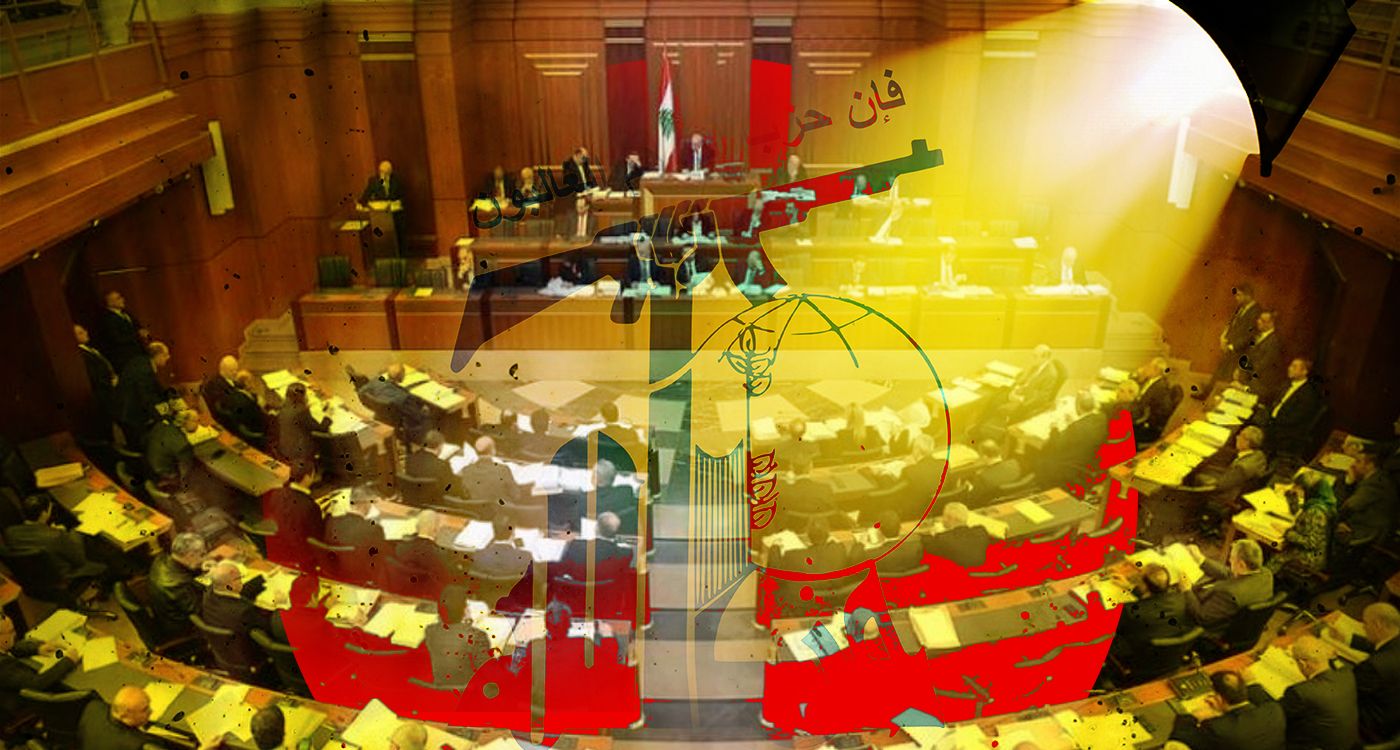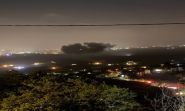
Hezbollah’s participation in the government, whether directly or indirectly, raises many questions about its political role in the coming period and whether it will contribute to Lebanon’s openness, reform, economic recovery and reconstruction.
Some argue that the group’s position after the war with Israel has rendered its presence in the government virtually meaningless. It has lost all its allies except for Parliament Speaker Nabih Berri and can no longer secure a blocking third. Moreover, reports indicate that by allowing President Joseph Aoun and Prime Minister-designate Nawaf Salam to name the fifth Shiite minister, the pro-Iranian group has effectively forfeited the constitutional leverage it once held.
Furthermore, any attempt to use the Ministry of Finance as a tool for obstruction would face strong resistance from other government factions. In such a scenario, the PM could call for the minister’s resignation, and if he refuses, the cabinet could dismiss him through a decree issued by the president with the prime minister’s approval and a two-thirds majority. Parliament could also withdraw confidence from an obstructive finance minister, effectively leaving him with no choice but to step down.
In addition to all of the above, Hezbollah cannot oppose the new foreign policies, especially the move toward the Americans and Saudis, nor can it object to the exclusivity of arms being held by the state and the dismantling of its military infrastructure. Accepting these terms is key to reconstruction and securing funding for this process from both the Arab and international communities. Hezbollah does not want to appear as playing an obstructionist role, particularly given that the communities devastated by the war have, increasingly, begun to hold it accountable for the human and material losses they suffered.
This potential change in Hezbollah’s situation raises a crucial question: Will the group become an integral part of the Lebanese political fabric, and will it gain acceptance from both the Arab and international communities?
The answer to this question, so far, is no. According to Western diplomatic sources, the first step required is for Hezbollah to announce the severing of its political, military and financial ties with the Islamic Republic of Iran, ensuring it is not, in any form, a tool for exporting the Iranian revolution. The pro-Iranian faction must also reconcile and engage in open dialogue with the Lebanese political forces affected by assassinations and other practices for which Hezbollah is accused. Furthermore, Hezbollah must abandon the practice of treating its political opponents as enemies and traitors, and ensure that the areas under its control do not become isolated enclaves outside the state's authority, with their own institutions, headquarters and investigators. Finally, it must put an end to all forms of what is known as the parallel economy.
Sources stated that Hezbollah’s adherence to these steps is in the best interest of its popular base and supporters, who would no longer endure the hardships of war, destruction and death. It would also help them emerge from their current isolation, both within Lebanon and in the broader Arab and international communities. Furthermore, areas where Hezbollah’s popular base is mostly concentrated could be among those that attract investment, creating job opportunities for those currently struggling to find employment.




Comments